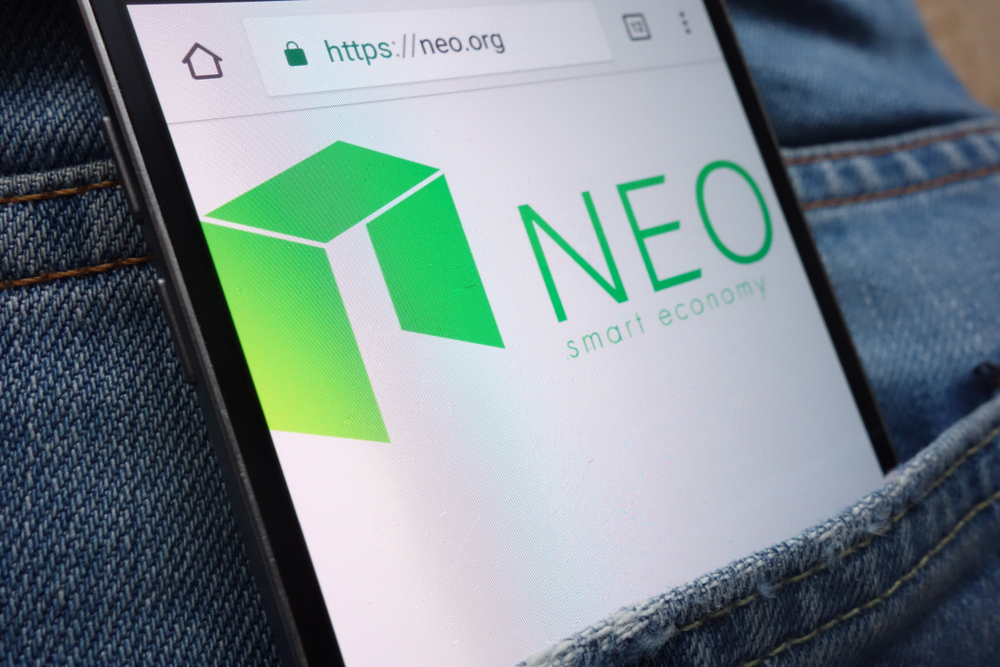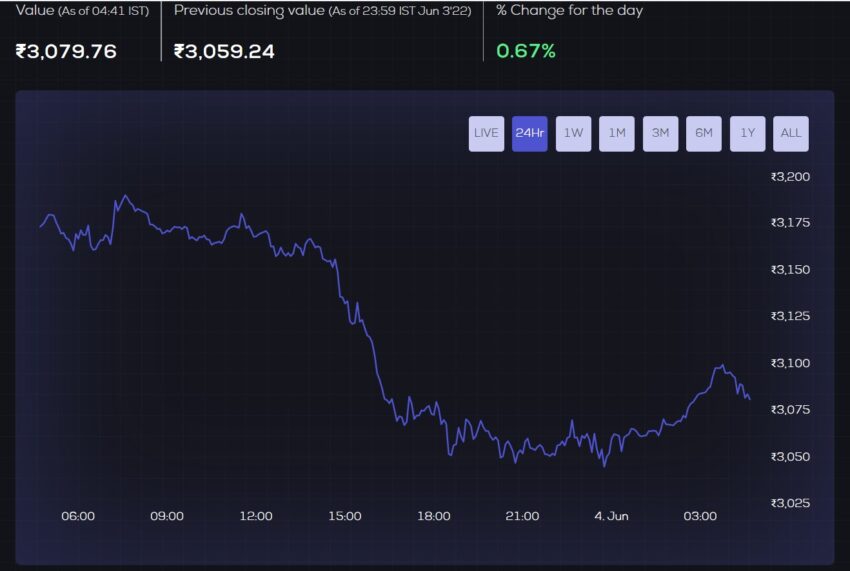2022-6-14 19:45 |
India’s regulatory agencies are pulling all the tricks from the playbook in an attempt to regulate cryptocurrencies, but it might not just be enough after imposing bans and introducing taxes.
The Securities and Exchange Board of India (SEBI) has voiced its concerns over the rise of the crypto industry in the country. The markets’ regulator made its stance known to a parliamentary standing committee on finance
According to SEBI, regulating cryptocurrencies would be difficult because of the decentralized nature of the industry, with nodes scattered in different parts of the world. SEBI told the House Committee that it proposes a separate crypto regulator for the fledgling cryptocurrency regulator as a way out of the regulatory quagmire.
According to a News18 report, the move to propose the creation of another regulator for India’s cryptocurrency scene is seen as a surprise for commentators because SEBI was touted as the government’s choice to handle the sector. SEBI was established by India’s government back in 1992 and was saddled with the responsibility of “protecting the interests of investors investing in securities”.
SEBI’s concerns mirrored that of the Reserve Bank of India (RBI) that cryptocurrencies posed significant risks to India’s economy, The RBI has stated in the past that crypto could “financially destabilize and dollarize the Indian economy.”
SEBI suggests sharing the tasks with the apex bankIn the event that the country’s parliament does not create a new regulator, SEBI submitted that the Reserve Bank of India should handle all crypto procedures that revolve around money-laundering and Know Your Customer processes. This double-pronged effort at regulating the industry might make controlling the ecosystem easier.
SEBI’s suggestion is akin to the regulatory attempts in the U.S. with the Securities and Exchange Commission (SEC) and The Commodities Futures Trading Commission (CFTC) exercising a measure of control over the ecosystem. The new bill by Cynthia Lummis and Kirsten Gillibrand offering a comprehensive framework underscores the sharing of roles between two regulators.
Last month, SEBI in a valiant attempt to flex its powers banned celebrities and influencers in the space from promoting unregulated cryptocurrencies while fears of a blanket cryptocurrency ban filled the space. India’s cryptocurrency taxes have earned the reputation of being among some of the strictest in the world with up to 30% of earnings being taxed. A report from Chainalysis ranked India as the country with the second-highest number of crypto users with millions of citizens remaining undeterred by the regulatory hurdles imposed by agencies.
What do you think about this subject? Write to us and tell us!
The post Indian Regulators Think Regulating Crypto Is Extremely Difficult, Offer Alternative appeared first on BeInCrypto.
origin »Bitcoin price in Telegram @btc_price_every_hour
Think And Get Rich Coin (TAGR) íà Currencies.ru
|
|










